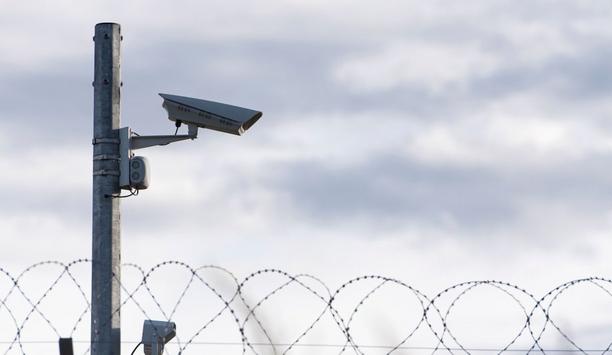 |
| Unclear digital and Network video recorder terminology is perpetrating several myths |
What are the options? Why is there so much confusion? Which type should you choose?
VCRs, DVRs and NVRs - A brief history
After the demise of VCR technology, digital video recording has enjoyed a steady increase in use and popularity. Key benefits such as increased storage capacity, picture quality and the ease of the search functionality (that negates trawling through hours worth of tape) have all been important factors in the continued rise of digital video recording. The current trend in the recording field is toward network video recording due not only to widespread and growing use of IP cameras, but also the ability to manage and record the IP video feeds from remote locations via a local area network or over the internet. Whilst at first glance there seems to be clear cut differences between digital video recorders (DVRs) and network video recorders (NVRs), the reality is in fact slightly different.
Smashing through the confusing video recording terminology
Many different terms are used in reference to both digital and network video recording and the different types available. While some are known simply as NVRs or DVRs, some appear to be a combination of the two, under the term Network DVRs. What is this madness I hear you yell? What's more, the main emphasis of the video recording world currently appears to be on ‘hybrid' video recorders. So what are hybrid video recorders?
The main emphasis of the video recording world currently appears to be on ‘hybrid' video recorders |
Most DVRs tend to have an Ethernet interface of some kind in order to connect DVRs to a network to give them remote management functionality. So network DVRs would appear to have networking capabilities. However, these are principally analogue in the sense that it is analogue signals that are received and digitised.
Lets establish that network DVRs are essentially DVRs that can connect to a LAN or Internet to provide remote management and the ability to view live footage and playback stored footage from a distant location. If we take this as accurate, why is the somewhat artificial distinction thrown around? Is it an effort to make clear to the purchaser what exactly it is that they're buying? Or is it used as a marketing technique to try and make certain products sound better even though the general consensus is that all DVRs have the option for this network capability?
 |
| Emphasis on hybrid video recorders in digital recording market |
This term refers to video recorders that can digitise and store analogue feeds like the conventional DVR, but also receive and record IP feeds with added network capabilities for remote access and management. Similarly to the way an Ethernet interface is seen as standard on DVRs sometimes referred to as ‘Network DVRs', coping with both analogue and IP inputs is considered standard for most mid to high-end DVRs. Which once again begs the question why is a new term given to products that are deemed the norm? It simply adds to the confusion about which products do what and how. Is this a marketing strategy to advertise the fact these new ‘hybrids' are all singing all dancing combinations of DVRs and NVRs? If most, if not all, DVRs have both an Ethernet interface, and can deal with both types of input feed, why not use one umbrella term for them all? This could put an end to the confusion by differentiating between NVRs that purely record IP inputs over a network, and all the other products on the market which seem to be a mixture of both technologies one way or another.
Managing the video recording conundrum
So, if you're thinking of installing a video recording device, which one should you go for? With the different types available, coupled with the terminology confusion, this can prove more of an issue than most would like. Ask yourself: Do I have an existing video recording system that it will need to integrate with? What kind of security cameras will it be receiving data from? How do I want to store the recordings? Do I want to have remote access to them?
Once you have determined the answers to these questions, you can figure out what kind of technical capabilities your recording device will need to have. From here, go straight to the heart of the matter: If you know the capabilities you need, read the technical specification and make sure it can do all you need it to. Who cares what the gizmo is called as long as it does what's needed!
 | Jennifer Lines Product Editorial Consultant SourceSecurity.com |



















